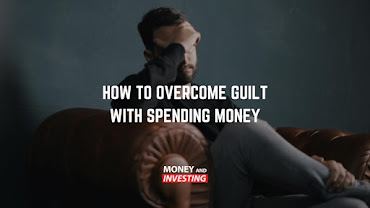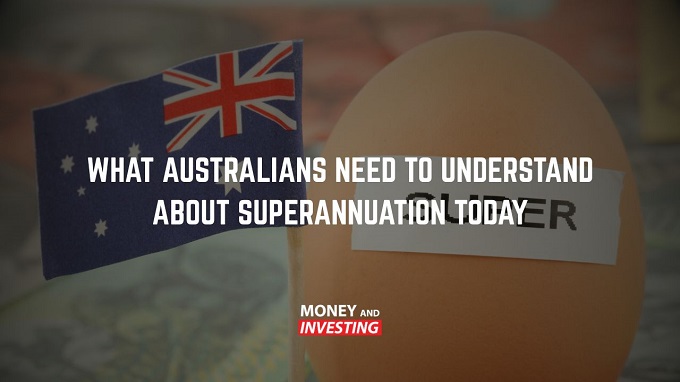How to Overcome Guilt with Spending Money - Andrew Baxter
Are you the kind of person who spends money, and then instantly regrets it? If so, you may have some emotional baggage around money causing you to feel this way. Here’s how you can learn to overcome guilt when spending your hard-earned money:
Money is an Emotive Object
We’ve all had experiences in our life pertaining to money. Stemming from when we were children. Our core values around spending, budgeting and money overall is formed. As a result of what we see from our parents. And how we view our friends and what we are taught in school. Maybe you grew up with a lot of money, or maybe you had none. However host Andrew Baxter says a common feeling around money is the guilt of spending it. We’ve all got hang ups around money being such an emotive object. Nonetheless, it’s using such emotion in a positive way to overcome these feelings. And treat the greenback boogie more objectively.
Guilt with Money
Guilt is an extremely powerful emotion. And is one that many have experienced particularly strongly with money. Maybe it’s the guilt of buying something you really didn’t need. Or the guilt of not having enough money to buy what you want, or even the guilt of not buying something that you should have when you had the chance.
This is an emotion with money we all have to contend with and is a very unpleasant one at that. These stories we tell ourselves around money can hurt internally quite bad and so host Andrew Baxter says to view money purely objectively. It is merely a means to transact and nothing more. This kind of view on money will take out the emotion behind spending and hopefully start to give you an action plan on how to curb your guilt.
Figure out your Motivations
It’s an easy gig to play devil’s advocate and argue that a) if you wanted to do something and b) you could afford it – then you shouldn’t feel guilty about it. However, is this really the case? What needs to be looked at in this situation is your motivation for spending that money. Did you buy that shiny new car or brand-new handbag because of how you view yourself or how others view you for having it?
Was that expensive weekend away a means for you to relax or to prove to others the kind of lifestyle you live? Opening up the door of your true motivation behind doing anything can cause some pain. And albeit is necessary to understanding why you feel guilty when you spend money. Our advice – give away the good opinions of others. When you start to figure out exactly what it is internally for you that is driving your spending decision making. Also, you’ll feel a lot less guilty when it’s done for the right reasons.
The Need, Want and Deserve Test
After first figuring out your core motivations and values around money, here’s a little framework to help you justify dropping some coin on a nice dinner with your partner or on an expensive bottle of wine. First up, ask yourself – do I need this? If the answer is no, then don’t buy it. Sometimes we need to take our partners out for dinner or buy our mum some jewellery because the motivation is right, thus, you can afford to have some colour here. Second – do you really want it? Remember, give away the good opinion of others and so make sure that you want it for yourself, not for what others think of you for having it.
The last is the most important and that is – do I deserve this? This is the hard one because ultimately there is where we can beat ourselves up badly. The trick here is to set goals whereby if achieved, you can reward yourself with a purchase. As you pick up the habits and skills to achieve that goal, it isn’t the ‘thing’ you buy that is the reward, it’s the person you’ve become to be worthy of getting it. This will take out a lot, if not all of your guilt so that when you drop $250 on that bottle of Penfolds – it tastes sweeter than you ever imagined.


Comments
Post a Comment